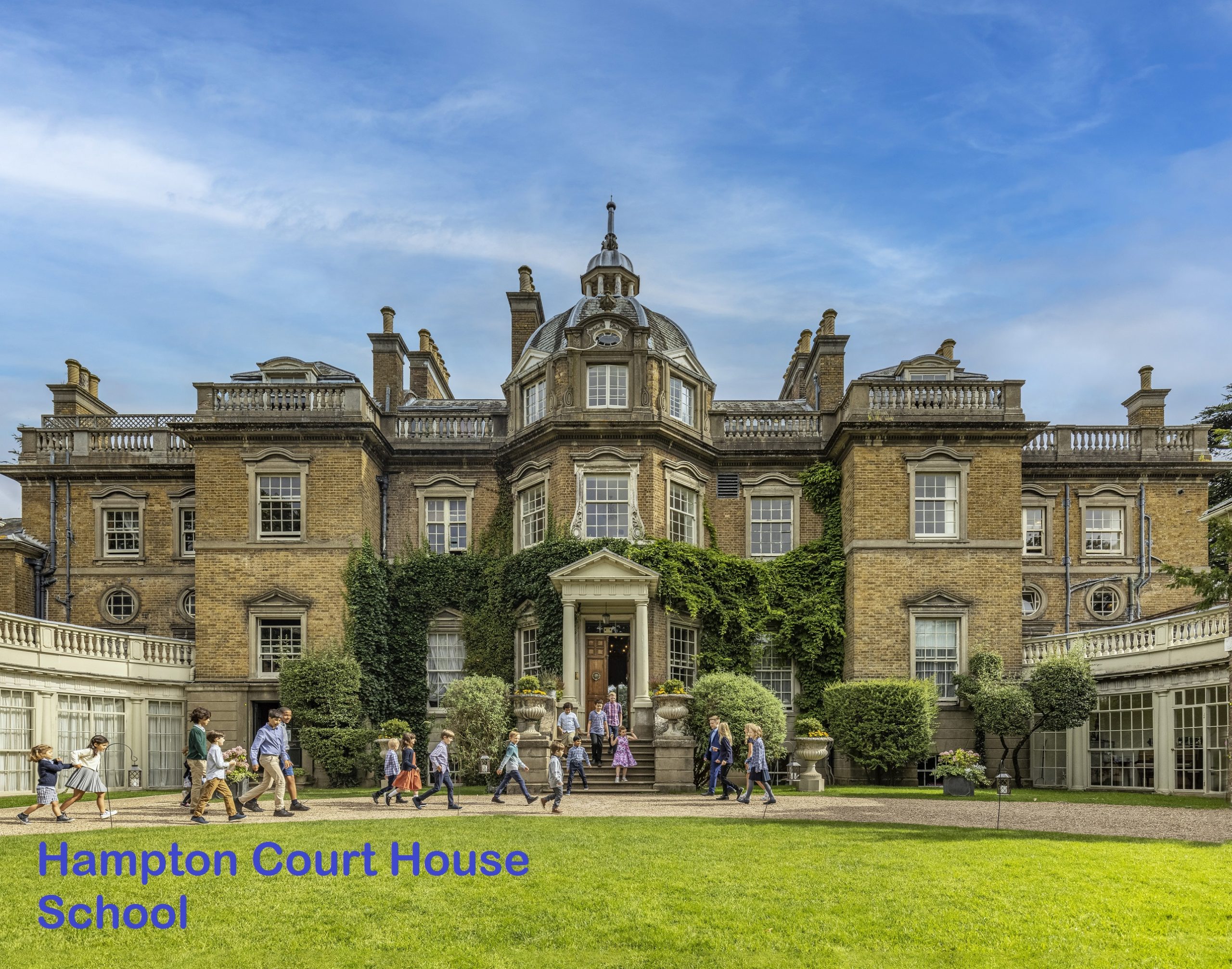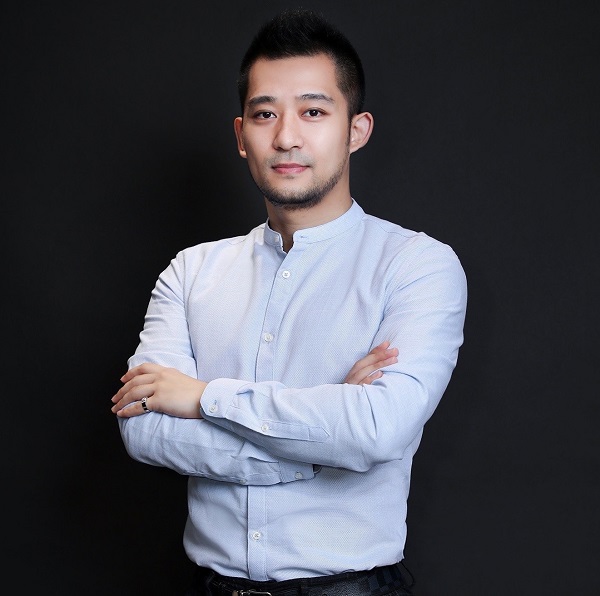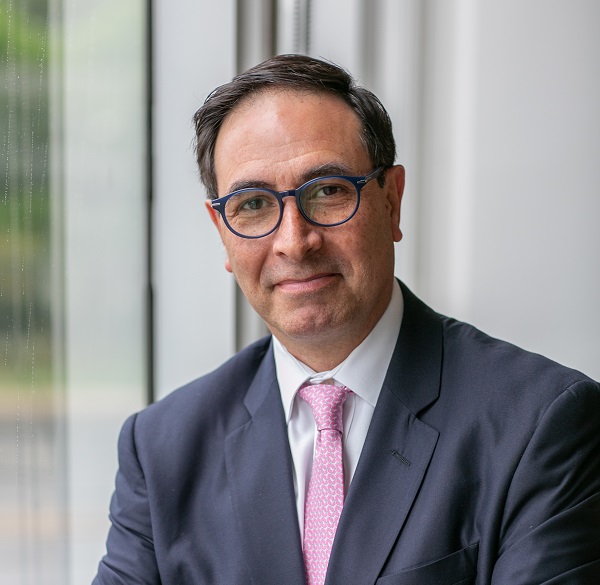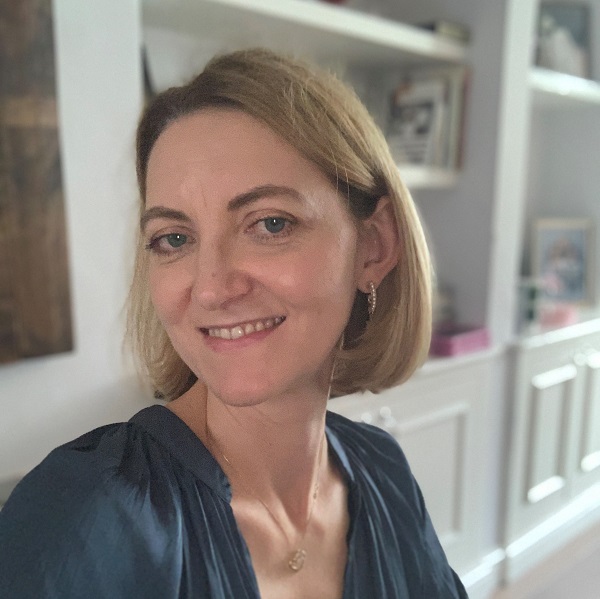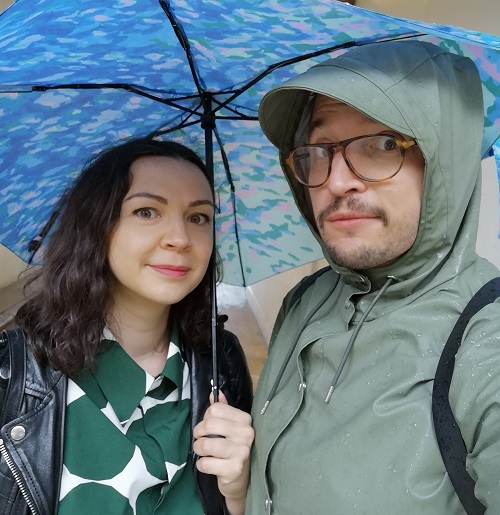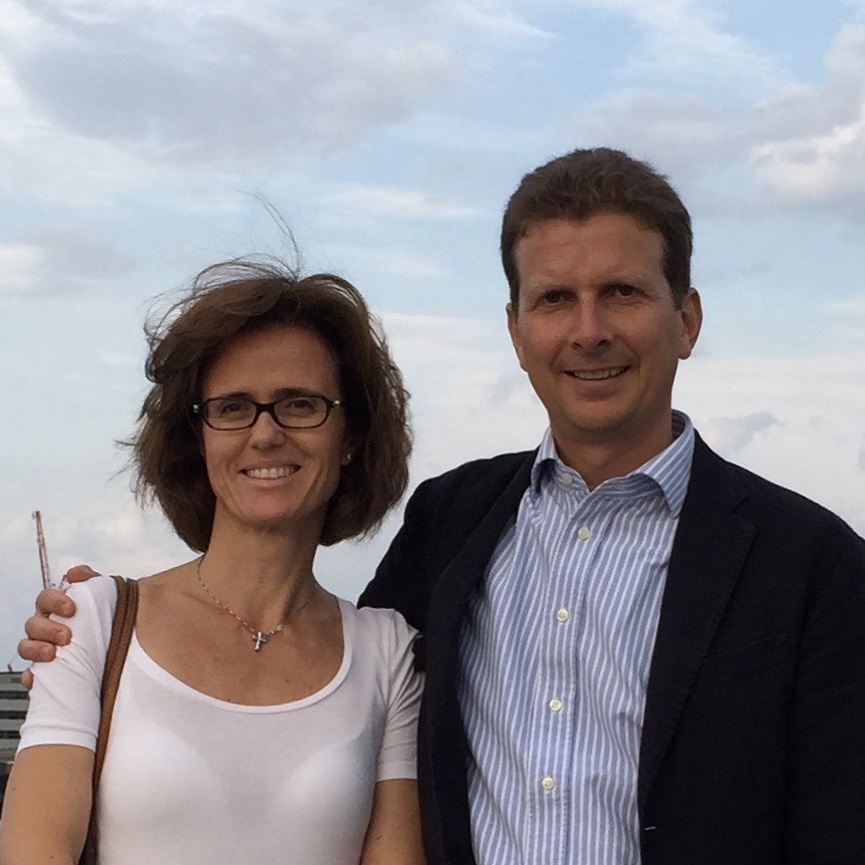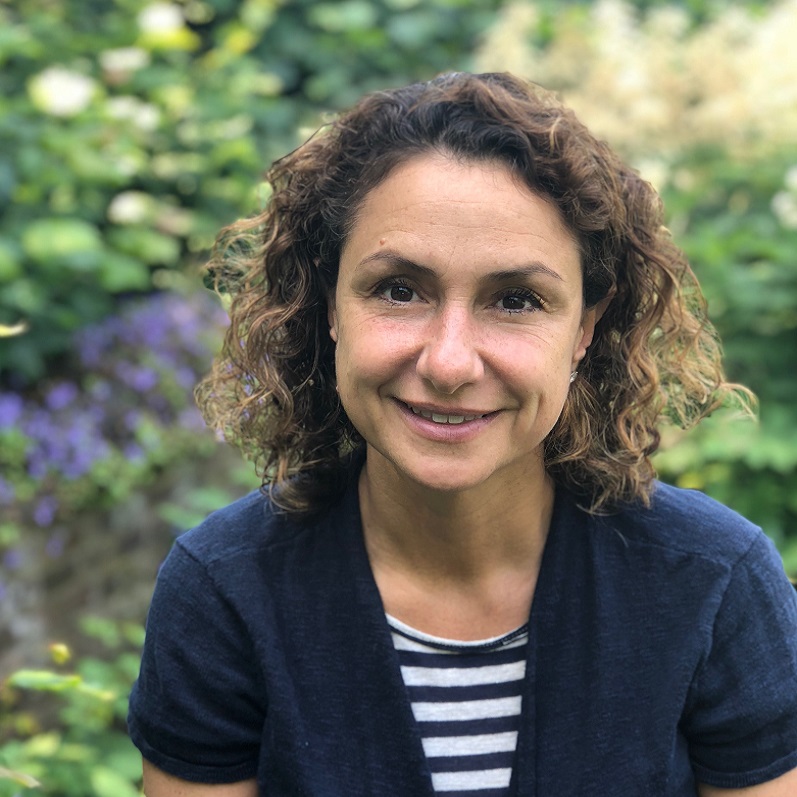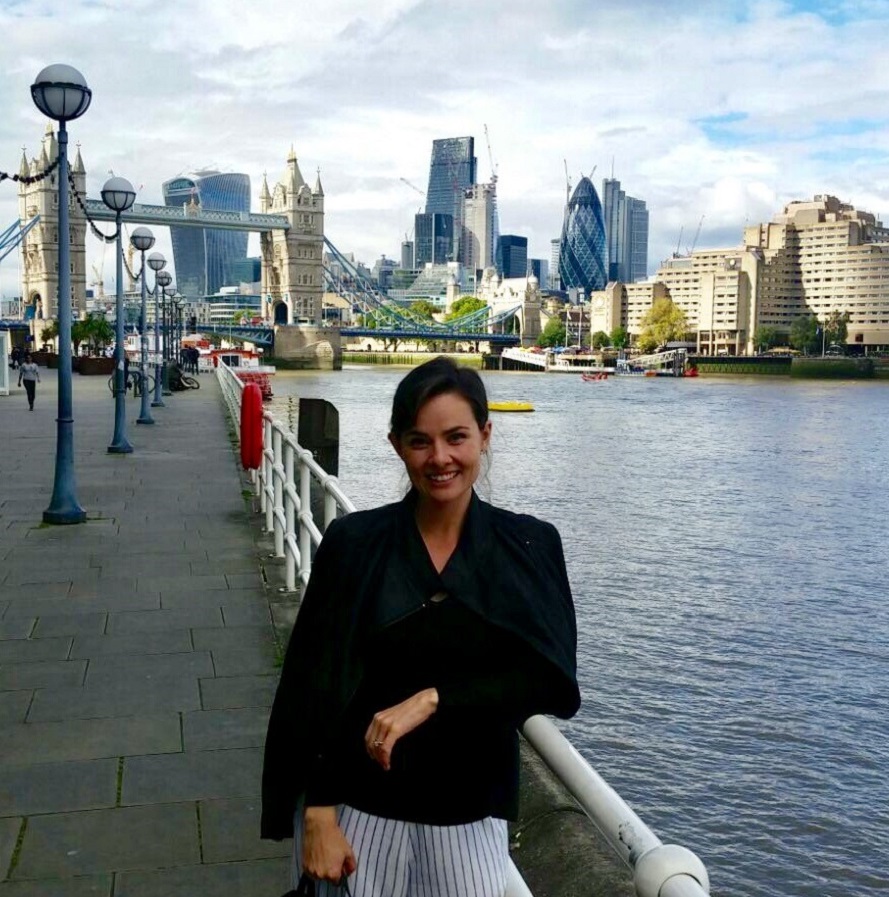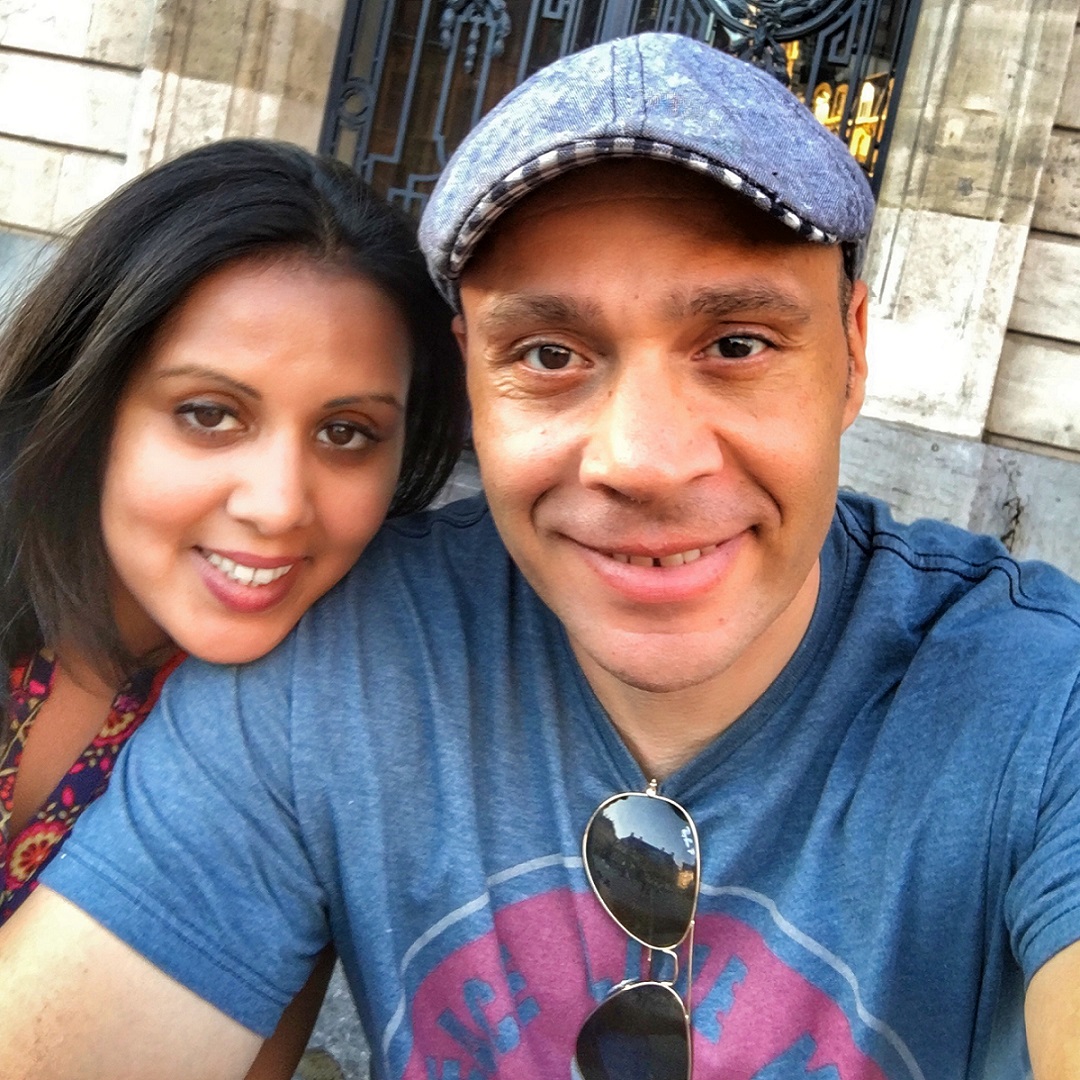All parents want to do the best they can for their children and, in London, it is easy to be daunted by the range of excellent senior schools on offer. As a father of two young children, as well as a former Head, I empathise with this dilemma! However, the exam question here is how to find the school that fits your son or daughter best, not how to shoehorn them into the “best school”, eg via wall-to-wall tutoring and compiling a CV that would make a McKinsey partner weep. This is (rightly) a personal decision for each family and everyone will reach a different answer. A cautionary example is a parent who berated me after a talk I gave about the importance of children being happy at school: she was furious and told me “I don’t care if they’re happy, I just want them to succeed!”
In the face of uncertainty, it is tempting to default to seemingly objective – and therefore comforting – data. This is especially true if you happen to be employed in financial services: I remember a father proudly telling me of his 17-tab spreadsheet comparing all the schools he was considering for his daughter. The received wisdom is to look at a range of metrics, eg results, league tables, staff turnover. However, this risks falling victim to the McNamara fallacy.
In fact, choosing a school is, and should be, a deeply subjective decision that starts with your child. You know them best – what do they need from a school? Will the school offer them opportunities to perform and participate in the sport, music or drama that they love? Will it support their neurodiversity?
Professor Sarah-Jayne Blakemore’s excellent work on adolescent neuroscience has shown that there are evolutionary and biological reasons why teenagers are “hard-wired” to pay more attention to their peers than their parents or teachers. I recommend every parent puts her book Inventing Ourselves: The Secret Life of the Teenage Brain on their Christmas list! If this rings true – it’s certainly a phenomenon that adults have bemoaned for millennia – then who your son or daughter is at school *with* is as important a part of their education as who they are taught *by*. The pandemic has shown us that, while academic instruction can be delivered remotely, education is a profoundly social experience. It is about growing up, making mistakes and learning life-lessons during one of the most formative, yet volatile periods in our lives.
There is a well-known saying that “culture eats strategy for breakfast:” far more important than eloquent mission statements on a school’s website is the daily experience for your son/daughter with their peers in school – sometimes referred to as the “hidden curriculum”. For example, many schools claim in their literature to value kindness and compassion; not all of them opened their doors to Ukrainian refugees when the opportunity presented itself to “walk the talk”. At an open evening for a school that trumpeted the humility of its students, one prefect proudly boasted: “You see this tie? This tie opens doors.”
Being a teenager has never been easy, but too many teenagers in the UK (and indeed globally) currently experience poor mental health. In my personal and professional opinion this is not unconnected with an addictive triangle that connects mobile phones and social media with teenage brains at their most socially vulnerable. Therefore they, and you, will depend on the quality of the pastoral care provided by the school, not least given the strain on other services (eg CAMHS). Take time to find out what support is available and what is done pro-actively to instil healthy habits around sleep, exercise, nutrition and positive friendships in the real world (ie not social media). The key question is not mere provision, but how effective the arrangements are felt to be by the pupils themselves. This is a great question to ask at an Open Day; if you’re not allowed to ask it, you have your answer.
In short, trust your gut instinct about the culture of a school: they all look and sound similar on paper, but they all feel different when you visit. We live in an age of choice anxiety and decision fatigue: every conceivable product has reviews, ratings, and scores. What if you make a sub-optimal choice? If you trust yourselves as parents, you will not go far wrong.
About David Goodhew
David Goodhew, Managing Director, Dukes Education
Born in West London, David attended a local comprehensive school and was the first member of his family to do A levels or go to university. He graduated from Oxford with a First in Classics.
From 2012 – 2023 he was Head of Latymer Upper School. David is committed to advancing social mobility through independent school bursary programmes, in conjunction with their partnership and outreach work. In 2017 he launched the Inspiring Minds campaign, which successfully completed its aim of raising £40m to offer 1 in 4 pupils a means-tested bursary. In 2018, Latymer won 3 TES Awards, including ‘Independent School of the Year’; David was also a finalist in the ‘social mobility champion’ category of the UK Social Mobility Awards.
David has two sons who both attended Dukes schools; he chaired the Dukes Education Advisory Board prior to his appointment as Managing Director. He is a trustee of the Dukes Foundation, as well as a Fellow at Winchester College.
About Dukes Education
In 2015, Dukes Education was founded with a simple mission: – to provide young people with an education that would allow them to achieve their true potential. The Dukes vision was that education would be not only good, but extraordinary. A Dukes education is rooted in the very best traditions of the British independent school system and enhanced with the broad curriculum, nurturing pastoral care and exciting experiential learning that prepares young people for the modern world.
